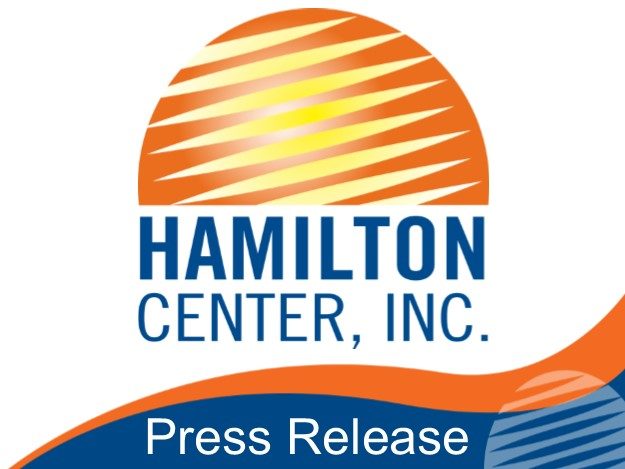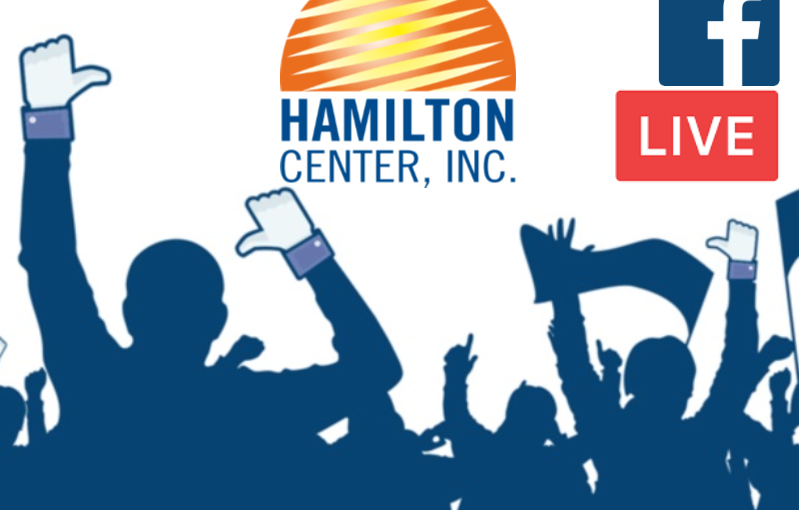
By Paul Schneider, Ph.D.
“There’s spirits above and behind me, faces gone black, eyes burning bright. May their precious blood bind me, Lord as I stand before your fiery light.” – Bruce Springsteen, The Rising, 2002
After 9/11, “The Boss” captured hope without negating loss. As a native of the New York Metropolitan area, my heart aches again, but this time, the damage has been more universal.
As men, many of us have not been blessed with a huge vocabulary to describe our emotions; however, I sense that we are sharing emotional experiences during this public health emergency that will be transformative – and by being mindful of this process, perhaps we can gain a bit more control of it.
If I free associate to the word “man” from a personal perspective, here are the first themes that come to mind – protector, provider, problem solver, and bravery – but how are we all doing with those things?
Protector
As “protectors,” we are all familiar with the fight-flight reaction. The adrenaline response temporarily transforms us into physically stronger beings. Depending upon the situation, we may choose to fight or flee. What we often leave out is the “freeze” reaction. Think of the possum and “playing possum.” Many of us, men and women alike, have been told that our role right now is to “freeze” until given permission to do otherwise. But others have not been given the “freeze” option in their employment, leaving them the other two alternatives. They can take some risk and fight through it, or they can flee. We want to protect ourselves and our families, but so far it remains difficult for us to accurately calculate risk.
So, how do I protect myself and my family? It is too late for me to become a molecular biologist, so I try my best to follow the guidelines, and I remain alert for any news about what the virus doesn’t like – such as bleach, sunlight and distances over six feet. I clean, but not as much as two weeks ago. Mostly, these activities help with the sense of learned helplessness. “Learned helplessness” is a model of depression which suggests it is the result of a feeling of loss of control over what is most important to us. The solution to the problem is expressed most succinctly in the Serenity Prayer:
“God grant me the serenity to accept the things I cannot change, courage to change the things I can, and Wisdom to know the difference.”
Provider
Next, we have “provider,” and, honestly, one of the most “provider” type things that I am currently doing is grocery shopping. I have never seen so many men at Kroger! As a provider, I can help review our supplies and provisions, and perhaps I can occasionally make a purchase. While grocery shopping may not be the first thing that comes to mind when you think about being a “provider,” it does allow you to focus on providing in ways that you can control, and that is critical during this time.
Providers also earn and invest money, but for now, much of that is, unfortunately, in the column of things we can’t control. During this public health emergency, our job and financial security has less to do with our own behavior than ever before. In investing, we want to avoid emotional decisions, so many of us freeze, and that has been painful.
Problem Solver
Then, we have “problem solver.” In my case, this is inexorably linked to probability and statistics. As I write this, my wife is sharing data on baseline infection rates in the general population. If accurate, it will turn every calculation I have done to date upside down. We don’t have the numbers we need to make informed choices. Most critically, what is the baseline probability that some random individual, including me, is actively spreading the virus? What factors or variables can help identify who is spreading the virus and how? What percentage of transmissions occur due to surfaces or when we are not within six feet of someone? Are men more likely to contract or die from the virus? If so why?
At some level, we all play a very low probability game of Russian roulette on a daily basis. We don’t stop driving because someone might cross the median and kill us. What I feel, as a man, is that the longer my lifestyle is dramatically altered, the more risk I am willing to take to restore some semblance of normalcy. I imagine one of those large wheels at the casino. On day 4 of physical distancing, my decision model will be much different than on day 44 or day 444.
Bravery
Finally, there is bravery. My dad was a medic and an Army lieutenant in World War II. He earned a Bronze Star. I did not learn of this until after he passed. I have not donned a uniform since boy scouts or marching band – and in marching band, I was third trombone, so I rarely blew a note. I do not know if I am a hero or coward. I am neither until tested. So far, this crisis has not provided that test for me. We are told that by physical distancing ourselves, we are protecting others. As a man, is it easier for you to tell yourself you are protecting others than to admit you are protecting yourself? Could “bravery” lead to unwise risk taking?
Balance
Early on in this crisis, it was all about saving lives, and rightfully so. Now, there is talk of balancing that with the quality of life. My Mom is 100 years old and in a long-term care facility. My sons are early on in their careers. Just like many of you, I am trying to balance health and safety with quality of life for myself and those who I love. I continue to feel shocked, confused and sometimes a bit surreal, but I am also feeling that the longer this goes on, the more risk I personally am willing to take so I can find a balance that is right for me.
We have lost much control over our lives in the past months. For now, not forever, we need to learn to cope. By being mindful, and searching for the words that can describe this shared experience we can be transformative.
Protector, provider, problem solver, and bravery. While those themes are still prevalent when I think of the word “man,” they look a little bit different these days, and that’s ok.








